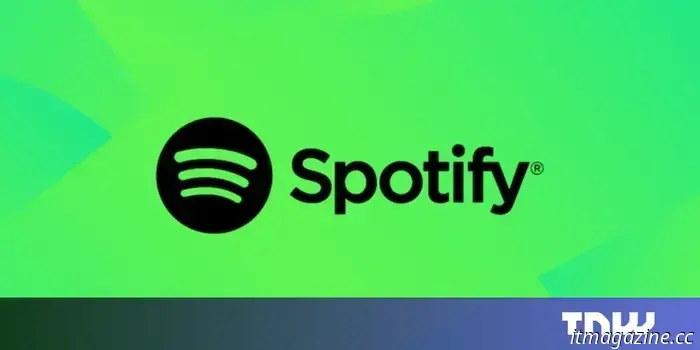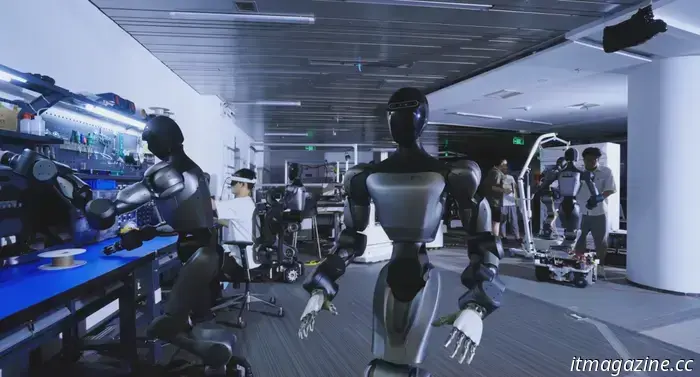
Spotify's AI-generated tracks featuring deceased artists ignite new controversy over exploitation.
Spotify has faced another AI-related controversy after it released computer-generated songs attributed to deceased musicians. An investigation by 404 Media revealed that Spotify is publishing AI-created tracks on the pages of late artists without consent from their estates or record labels.
One such song, titled “Together,” was found on the official page of Blake Foley, a country singer who was murdered in 1989. While the song has a sound reminiscent of Foley's style, the accompanying image features a young blonde man who does not resemble him at all.
404 Media linked the track to an account named Syntax Error, which has also been associated with several other seemingly fictitious songs. For instance, “Happened To You,” a track allegedly performed by Grammy-winning country artist Guy Clark, who passed away in 2016, was among them.
After the report from 404 Media was made public, Spotify removed these unauthorized songs. However, this incident is a particularly disturbing instance of AI-generated music on the Swedish streaming service, and it is neither the first nor likely to be the last.
Last month, an AI-generated band named Velvet Sundown emerged on Spotify, with its leading track, “Dust on the Wind,” resembling the 1977 Kansas hit “Dust in the Wind.” Since its release on June 20, the song has amassed nearly 2 million plays.
Velvet Sundown's Spotify biography now describes the band as a “synthetic music project,” yet the platform does not label any of the tracks or other music as AI-generated.
Spotify’s CEO, Daniel Ek, has maintained a largely hands-off stance regarding AI-generated content. Ek previously stated that tracks created with AI could be included on the platform unless they closely resembled existing artists. However, according to multiple reports, Spotify appears to be failing in its efforts to identify and remove these AI imitations.
The increase in AI-generated music on Spotify has generated considerable backlash for various reasons. One issue is the common use of AI tools like Suno or Udio, which craft entire tracks based on simple text prompts. While the companies behind these tools assert that training their models on copyrighted music falls under “fair use,” critics argue it constitutes copyright infringement. Detractors also express concern that AI-generated tracks compete for streams, diminishing the royalty share available to human artists.
Sophie Jones, the chief strategy officer at the British Phonographic Industry (BPI), called for new protections during an interview with the Guardian last week.
“The emergence of AI-generated bands and music in the market highlights the fact that tech companies have been training AI models using creative works—mostly without authorization or payment to creators and rights holders—in order to go directly against human artistry,” she stated.
Another worry is that misleading listeners with AI-generated profiles and songs serves as a form of misinformation that could harm the reputation of human artists.
To ensure fairness for creators, Jones and others advocate that streaming platforms should begin by clearly marking AI-generated content. This practice has been initiated by competing streaming service Deezer, which has created an algorithm capable of identifying artificially produced songs made using several popular generative AI models, including Suno and Udio.
“AI isn't inherently good or bad, but we believe a responsible and transparent approach is key to building trust with our users and the music industry,” said Deezer’s CEO Alexis Lanternier in June.
“We also remain committed to protecting the rights of artists and songwriters at a time when copyright law is being challenged in favor of training AI models.”
Spotify's AI-generated tracks featuring deceased artists ignite new controversy over exploitation.
Spotify is facing another controversy involving AI after releasing computer-generated tracks attributed to deceased artists.

